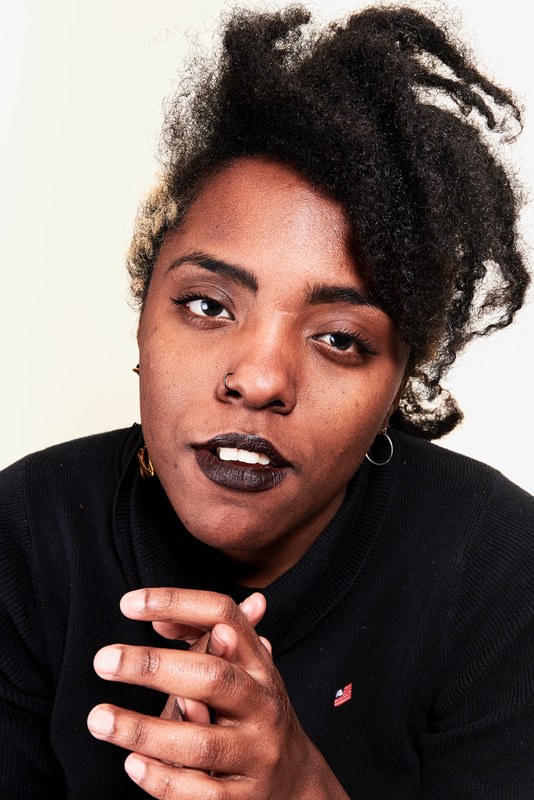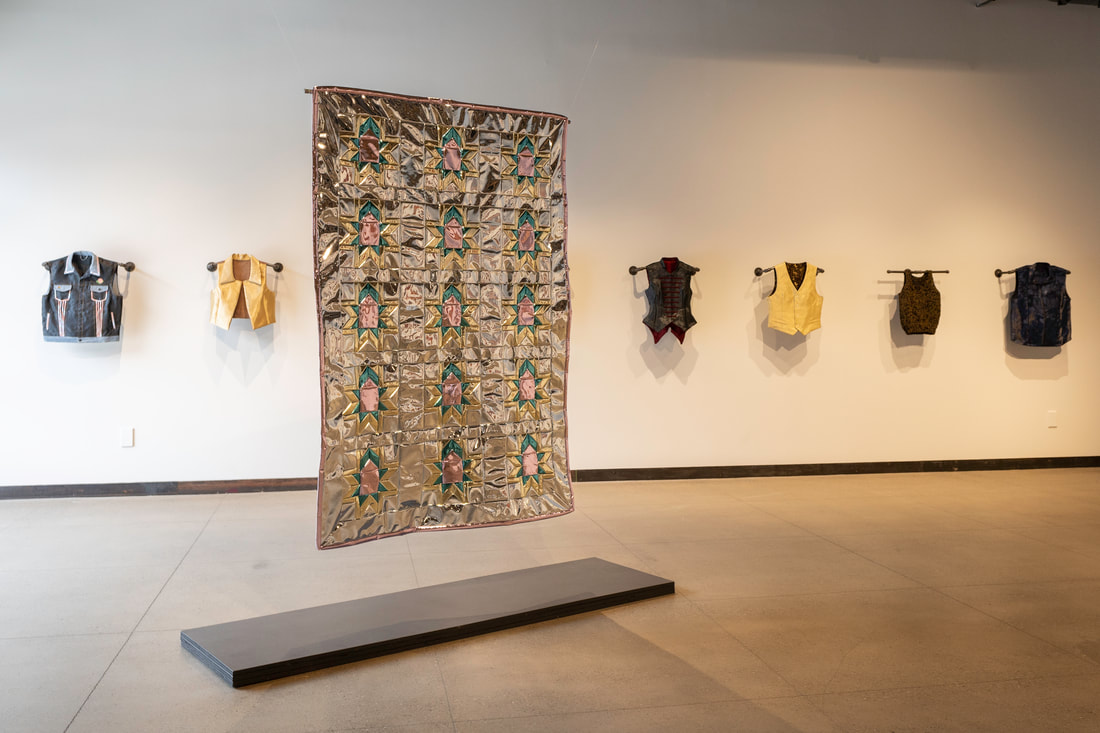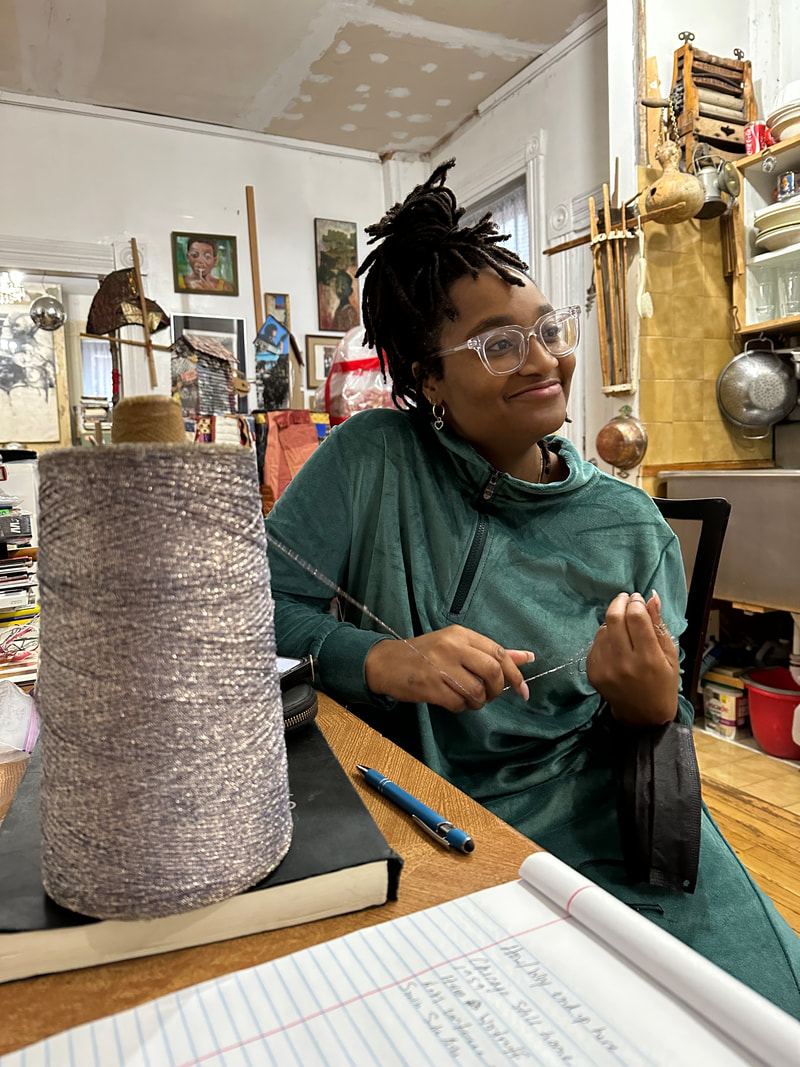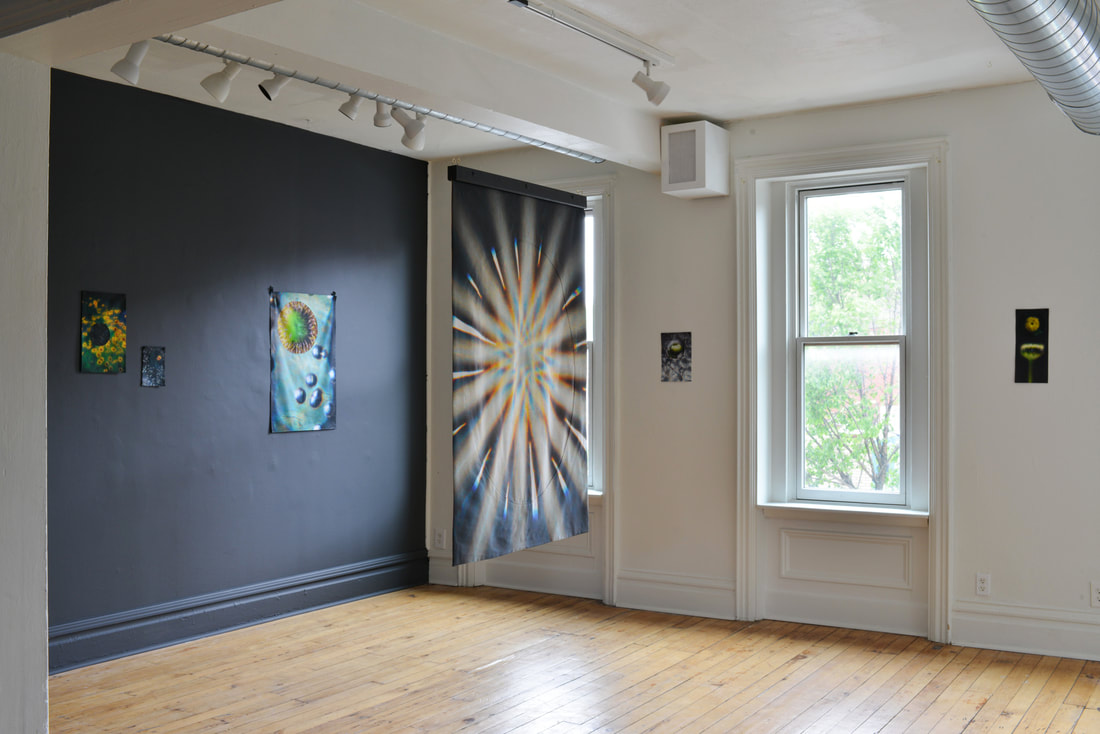Original Publish Date: 2/25/2019
As a queer femme, the extreme lack of portrayal of LGBQT individuals in the media, arts, and entertainment is something I’ve noticed for a great deal of time. I’ve also noticed there is a lack of representation of queer people by queer people. Personally, I am very aware that not every queer person falls under the experience of “always knowing,” but I found that I was acutely aware of my sexuality since the second grade. With time, I grew more and more frustrated not seeing things to validate my identity or to lure me out of the big, bad closet. Fortunately, I had writing. In my youth I was always writing. It was a main escape. I started with short stories and poetry, and then moved toward plays. I found solace in watching films and grew completely infatuated with the art of filmmaking. A good friend of mine said recently that cinema has a very magical way of seeping into the subconscious and sticking there. This is a sentiment I certainly agree with; I wanted to be a part of the magic making. Knowing I was creating queer characters in my early stages of writing lead to my collegiate work as I studied Cinema Arts in college and concentrated in Screenwriting, later picking up a minor in Photography. I was tired of the way women were shown on screen; I was tired of the way black woman were shown on screen. I was feeling an assortment of things: exasperation, passion, creativity, and hunger for validation. I wasn’t necessarily seeing all that I could connect with or thought was necessary on screen, so I sought out to craft it. I wondered how many others felt the same way, and I was hoping I would find others who wanted to build similar structures. A note that this goes for most things: if you don’t feel represented, there is always the option of moving forward to represent yourself and those very similar to you. It’s a portion of a maker’s job to shift and expand consciousness and dissolve boundaries.
As I still battled with being open with my friends and family about my queerness, I wrote a queer love story short film in my freshman year Introduction to Screenwriting course. It got picked up two years later by a younger university classmate (that friend who mentioned the magic of cinema) and put into production. Gratefully and heartwarmingly enough, he thought that it was a story that ought to be shown. For artists, makers, writers, creatives, whomever, it’s imperative to make work that can be accessible and resonate with varying walks of life. We must begin to create stories that cannot exist without diversity. We must start with inclusion and not simply just end with it. That is to say, we mustn’t cram diversity where it does not fit, belong, or is not wanted. Alternatively, we mustn’t tokenize diversity and throw it in for the sake of “Oh, well, we have to have at least one of them in there,” for pacifying sake. Queerness is not a pity party friend to toss into the mix to make yourself look good. It’s an identity. There is more to show than just the overly flamboyant white, cis, gay male, or the extra rough and tough, ex-inmate, butch lesbian with a shoulder tattoo. Even we have long-held stereotypes that need to be dismantled. We are not simply what you think.
To do away with these narratives that are troped, inaccurate, assumed, poorly depicted, or distastefully fetishized or exploited, and, oftentimes, generally boring, we as queer people must be the primary creators of queer content. We will share our lens – not what one might think or imagine it to be – but our lens, our perspectives, our experiences as told by us. If you are not a queer person, you should consider including one in the creation processes. What are you gaining from making art without queer folks involved at all? Share the narratives, but do not misuse and abuse them.
The 2016 film Moonlight was not made by a gay man, but Berry Jenkins, in my opinion, did a fine job at not exploiting queer culture and walked down a good path by working with the original writer, who is a gay man. I believe the story was especially crucial to be told for not only queerness but queerness attached to the black identity as well. Fortunately, this story was brought to life by a black man and not by the grubby fingers of another racist, white, male director in Hollywood. As homophobia is largely present and outwardly vicious in the world as a whole, there is no shortage of it in the black community either. I think the film does a fine job at depicting the secrecy of queerness in the black community and the notion to blend in as much as possible. Within marginalized communities, there is a layer of disgrace, dishonor, and rage for further marginalizing oneself. This was definitely something I experienced and noted in my personal life when I feared being out. Life is already difficult for the black individual to exist, and I feared being further outcast and making my life worse off. For the film to be a blockbuster is transformative and progressive. There’s much more work to be done, but it’s a step in the right direction. I instantly smiled when I read a simple comment made by Jenkins when asked some reasons for wanting to create the film (originally a play by writer Tarell Alvin McCraney): he replied simply that he wanted to see two men cook for each other on screen. He noted that he believes there are simple romances that aren’t being told and that he related to the main character regardless of sexuality. It’s peaceful that such a lovely and raw story was not overly sexualized or filled with rainbow streamers from start to finish. In fact, there was almost an absence of the act of sex altogether.
Queerness does not deserve to be fetishized or stereotyped by a heteronormative lens. Much of mainstream media as a whole is puppeted by the hands of straight, white men who are the ones keeping tropes and stereotypes fueled. This case has always been so. They draw their inspiration from other straight, white men who draw inspiration from the ones before them and keep a cycle flowing. A mechanism for change is for people with access to hire queer writers and makers, actively seek us out, and asking us to share our stories. To curate exhibitions, hold talks, events, screenings, festivals, and panels. To hold space and allow space. To create opportunities that do not yet exist. If you find yourself constantly wondering, where are the lesbians, the bisexuals, the pansexual, transgender people, the genderqueer people, and the gender-fluid people, create the spaces or platforms for them. We’re currently in a collective shift but there is not acceptance and respect across the board; hate and intolerance are very much so around. However, queerness is no longer entirely on the complete hush. We are exposing our light onto a world that previously wanted our beams to be shut in a shoe box in our closets. We’ve had more than enough of all things non-intersectional.
During Bunker Projects’ Erotica Night (February 2, 2019), a night of music, art, poetry, performance, joy, and shenanigans, I performed a monologue I wrote titled Queer Fantasies. It was a comedic skit, but as we know, there is a hint of truth behind most jests. I plunged into depth about how representation on screen, on stage, in the universe, etc., would make myself and others feel more comfortable. I joked about how maybe if I wouldn’t have been so closeted growing up if there was more visibility on TV, and how I often imagined myself and other queer women in music videos and everything else I ingested on MTV and beyond. I even discussed, what if we had our own stream entirely, much like an MTV but ran strictly by the gays. Additionally, how great would it be if we lived in a world that was accepting of all genders and gender nonconformity, and all sexualities – a queer utopia, so to speak. I ended with a soft and sensual poem about admiring and falling for a woman from afar followed by a poem about all that should be celebrated about black femmes. Upon reflecting on the night the next day, I realized that ironically enough, the space I was in that night was its own utopia where expression could run free. I was in a wall-to-wall packed independent theater space performing with a lineup that was sprinkled with femmes, queer artists, performers, and makers and with a beaming, respectful audience that gave everyone roaring ovations and the opportunity to share what they wanted, how they wanted. I felt at home and very liberated.
We do not live in a perfect world, but small utopias are possible. If we do indeed live in a world or country with the right to free expression, then isn’t it our duty to express and express freely? If we aren’t allowed a seat at the table, we must craft our own with an entirely different set of chairs. If we do not feel seen, then we amplify our experiences to the point where they simply cannot be ignored. The media can have influence over perception, but they cannot have our bodies. Representation does matter. Not only for us and our souls, but for the rest of the world to consume and digest and be made aware that we are not invisible. For the queer person, regardless of race, in early youth or in old age, to feel seen, warm, safe, validated, depicted, and to feel a bit more at ease in a world that currently isn’t shaped for our survival. I do not believe it is a matter of normalizing queer culture because queer culture is not simply just normal. It is vivacious and extraordinary.
About Corrine Jasmin
Corrine is a writer, artist, and filmmaker currently living in Pittsburgh, Pa using her work as a central tool for healing, loving, and making sense of the world around her no matter how chaotic. Her work frequently touches on her “Trifecta” narrative: being Black, being a woman, and being queer. She most recently released a book of poetry titled “Tread”
ig: @corrinewho
www.corrinejasmin.com
Photo by Sean Eaton



